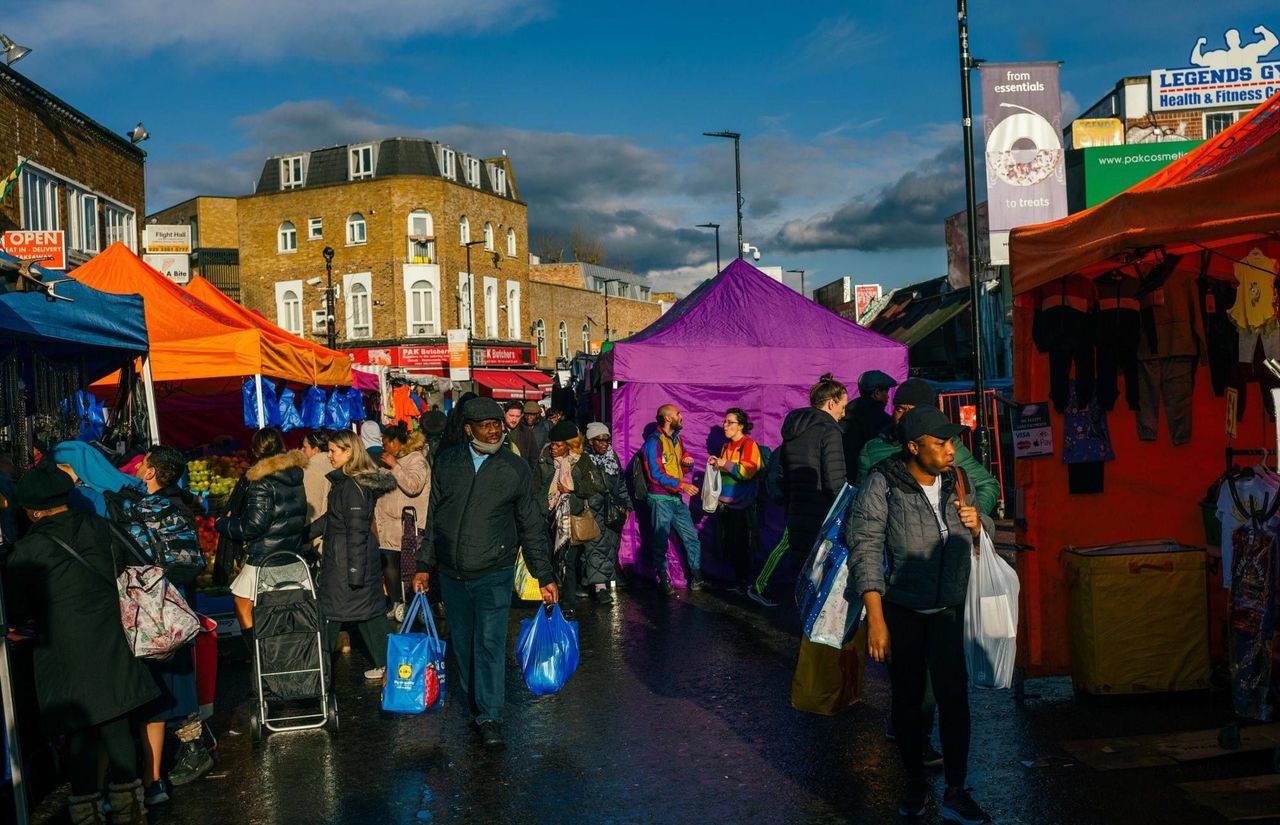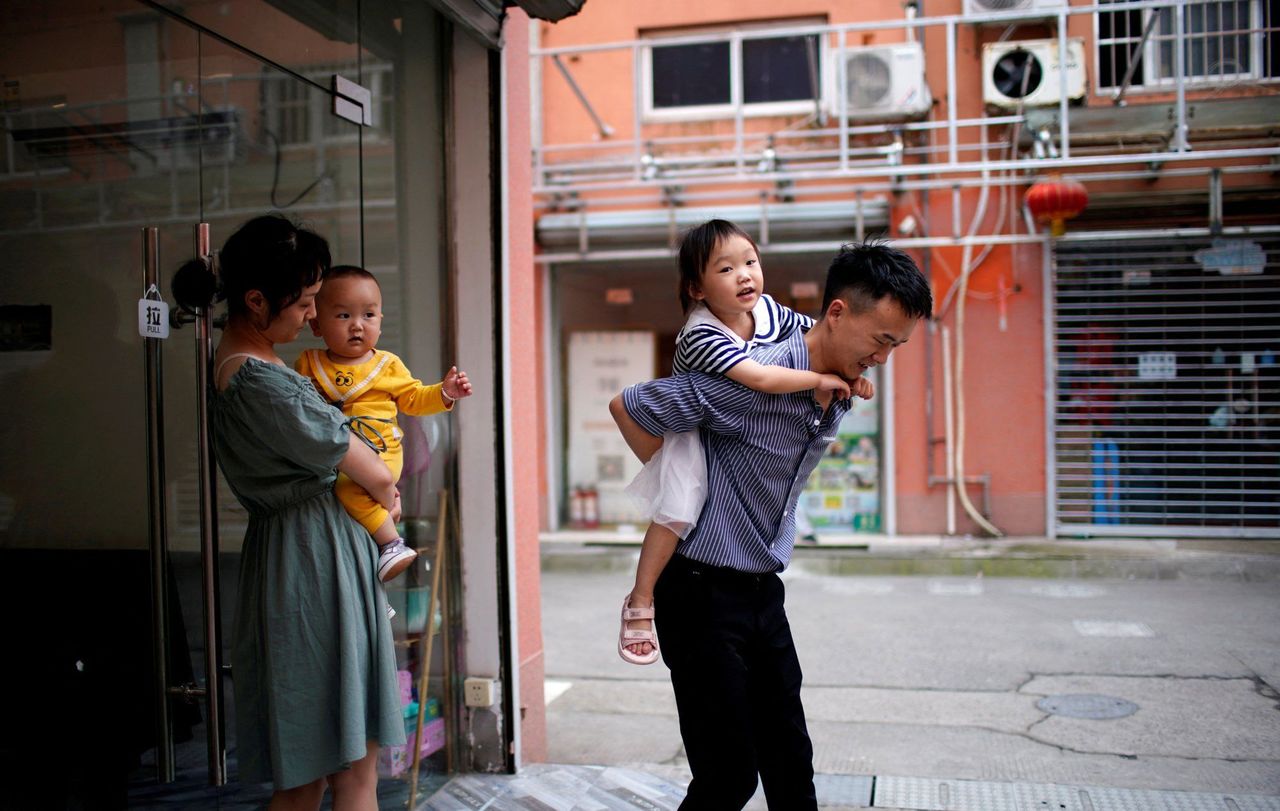Hong Kong News

Lessons for stressed-out Hong Kong from the latest global happiness report
It’s certainly good to know that the world is a happier place, for the second year in a row. At least that’s what a recently conducted global survey on happiness and life satisfaction says.
In its latest report, Paris-based market research and consulting firm Ipsos found global happiness had risen 6 percentage points since last year, with 73 per cent of adults, across 32 markets, describing themselves as happy.
That’s also 10 percentage points higher than in August 2020, when the global health crisis stopped us in our tracks. To find almost three quarters of the world’s adults happy about where they’re at is not bad at all.
We have more than survived; we have persevered and are bouncing back – better and more resilient.
But as the surveyors were quick to put out, the rising happiness tide isn’t lifting all boats. Self-reported happiness rose sharply across Latin America while crashing in many Western countries.
Ipsos highlighted Colombia and Argentina’s 26-point year-on-year gains; Brazil and Peru scored higher by 20 and 18 percentage points, respectively. The UK took a 13-point dive, Poland fell by seven points and Canada by six, while Belgium, Germany, and former “happiness champion” Australia all recorded a five-point happiness drop.
 Shoppers in London on March 18. The UK has fallen in Ipsos’ happiness
ranking as people struggle with the rising cost of living.
Shoppers in London on March 18. The UK has fallen in Ipsos’ happiness
ranking as people struggle with the rising cost of living.
The average happiness rating of middle-income markets has, for the first time since Ipsos started tracking them in 2011, surpassed that of high-income markets. So, it isn’t a case of the more money the merrier.
Mainland China took the champion spot with 91 per cent of happy respondents, followed by Saudi Arabia (86 per cent) and the Netherlands (85 per cent).
China’s position stood out because the poll revealed that on the whole, the top two drivers of happiness are “feeling my life has meaning” and “feeling in control of my life”; yet neither of these were ranked highly by respondents in the happiest place on earth. Instead, Chinese respondents saw family and friends to be their top sources of happiness, with 89 per cent feeling satisfied with their relationships.
Of course, having a sense of purpose isn’t unimportant to the Chinese; it’s just that some relationships take precedence. This perhaps reveals a cultural divide that many in the West may not quite comprehend. For decades, the concept of “Asian values” has been viewed in its politicised form, as an antithesis to “Western values”, making it something to advocate, refute or defend.
 A couple play with their children on the outskirts of Shanghai on June 3, 2021.
A couple play with their children on the outskirts of Shanghai on June 3, 2021.
Associated with its greatest advocates Lee Kuan Yew and Mahathir Mohammad, “Asian values” became an argument that claims the people of different nationalities living in the East and Southeast Asia share common values, like placing community above the individual, or order and harmony over personal freedom and so forth.
But viewed through the lens of the universal human pursuit of happiness, these Confucius-influenced values aren’t so foreign and have deep roots, at least in mainland China. There’s no need to judge. It’s still “whatever floats your boat”, only that friends and families – communitarianism – floats the Chinese boat more.
Ipsos also compared the percentage of happy adults and its Consumer Confidence Index and found they were highly correlated. And while there aren’t any numbers on Hong Kong, we can take reference from one survey by Hong Kong-based market research company Votee measuring happiness among people in Hong Kong, Singapore, Thailand, Indonesia, Malaysia, Taiwan and the Philippines. While Hong Kong ranks highly when it comes to gross domestic product, we came last in the region for overall happiness.
So the pressure is on for Hong Kong officials to address the city’s happiness deficit. When people are more hopeful of the future and see prospects for themselves, they spend more confidently.
Beijing has tasked Hong Kong officials with raising the people’s sense of happiness and contentment. Our consumer confidence has ways to go before we return to the height of pre-2018 levels – our leaders have their work cut out for them.











